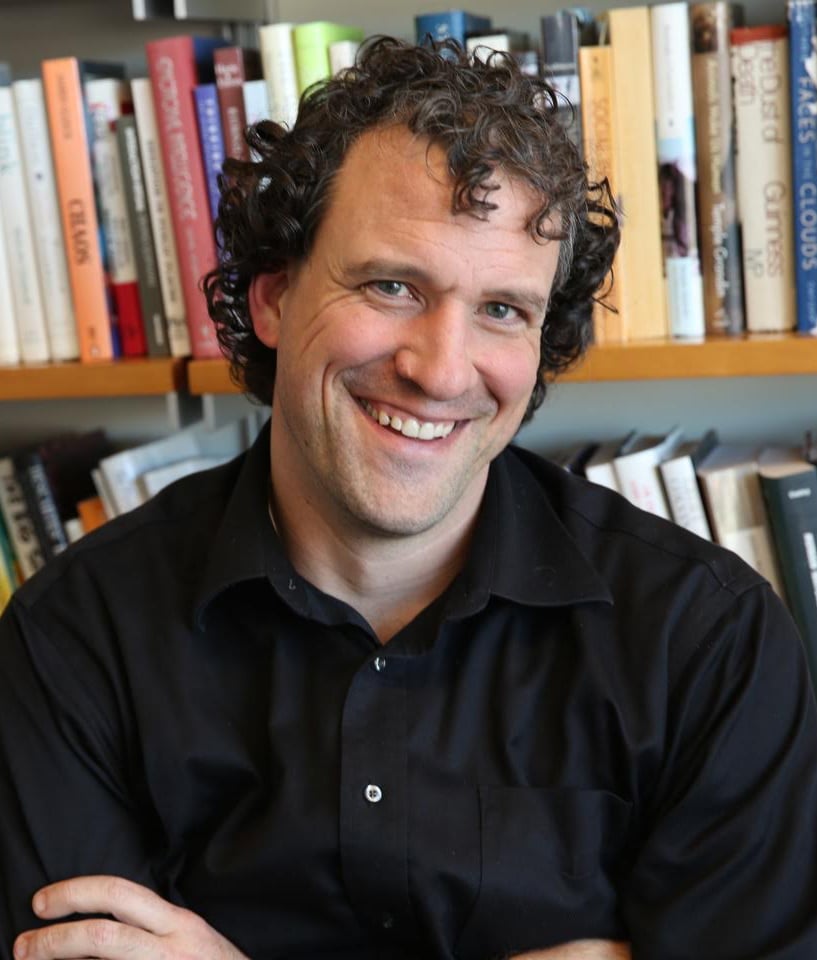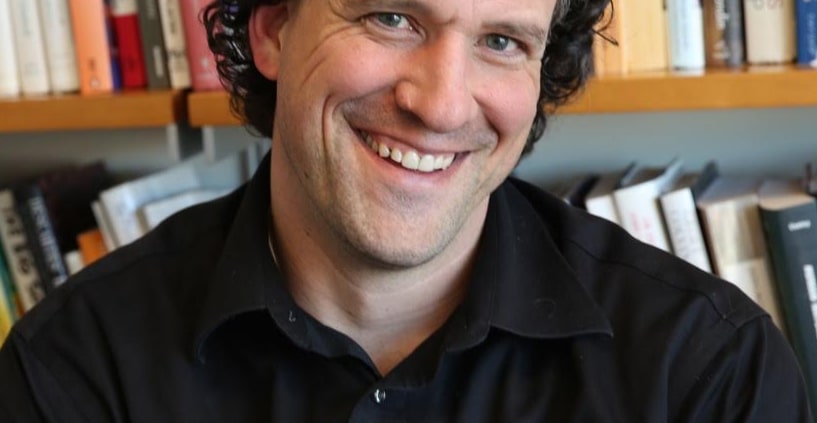Featured Collaborator for September: Nick Epley
Interview with Nick Epley, author of “Mindwise: How We Understand What Others Think, Believe, Feel, and Want“ and professor of behavioral science at the University of Chicago’s Booth School of Business
 What are your main areas of research?
What are your main areas of research?
I study mind reading. Not the nonsensical, spooky or supernatural versions of it, but rather the very natural and intuitive version of it that we do whenever we make an inference about another person’s mind. We do this arguably every social interaction we have when we wonder what someone else is thinking, believing, feeling, or wanting. This is hard to do accurately because another person’s mind is inherently invisible.
You can’t see another person’s thought, hold a want, or poke a feeling. As a result, our inferences about the minds of others are far less than perfect, and we are consistently less accurate than we think we are. I’m most interested in understanding these gaps between our inferences about each other and reality. The mistakes we make are a common source of unnecessary conflict in everyday life.
Explore our research pages on conflicts of interest and ethical leadership to learn more about Nick Epley’s work.
How does your work on leadership help companies that want to improve themselves as ethical systems?
Most of what we understand as ethics is fundamentally social. It has to do with how people treat each other. Fairness, respect, honesty, kindness, and loyalty are all social behaviors, and the utility of ethical behavior in daily life is that it enables collections of people to function effectively as a team. “Treat others as you would like to be treated yourself” is a basic moral foundation around the world because it’s also the foundation you need for a group of people to live successfully together. Understanding what leads good people to do bad things is therefore essential for leaders to understand if they want to run a successful and sustainable organization.
Our work is fundamentally about how people connect with the minds of others, or in many cases how people fail to connect with minds of others in ways that could lead to unethical behavior. Disconnection from the minds of others can lead people to overlook the ethical implications of their own actions. We also find that disconnection from the minds of others can also lead to “dehumanization”: a tendency to infer that others lack the same kinds of mental capacities for thought and feeling that we possess ourselves. Philosophers and lay-people alike, when asked, agree in their perceptions that the thing that distinguishes human being from other animals or objects has to do with mental capacities. In particular, the capacity to think (e.g., reason, rationality, and intellect) or to feel (e.g., to feel regret or pride, or the capacity to suffer).
If you, ever so subtly, think of others as being a little less rational (less able to think) or less emotional (less able to feel) than you are yourself, then this is the essence of what it means to dehumanize someone else. Our work highlights how disconnection from the minds of others can enable this kind of dehumanization, tries to understand how overlooking the minds of others can lead to unethical behavior, and what you can do to enable a more accurate understanding of the minds of others. Understanding how to design a smart social system is exactly what leaders of ethical organizations are trying to do.
If you could only highlight one paper or research finding (or piece of work that you’ve been involved with) that relates to Ethical Systems which one would it be and why?
The key to understanding why ethics should really be thought of in terms of systems is understanding how good people, like you and I, can in certain circumstances do unethical things.
Why is it, for instance, that many people treat their pets more humanely than their neighbors? Juliana Schroeder, Adam Waytz, and I tried to explain how people’s connections to the minds of other agents governs ethical behavior towards them in a review paper that explains what psychologists know about both anthropomorphism (treating nonhuman agents as humanlike) and dehumanization (treating other human beings like animals or objects). A system that enables ethical treatment towards other people is one overcomes our all-too-common tendency to overlook the minds of others.
Tell us about one of your current or future projects.
The project I’ve been working on most intensely is creating a behavioral ethics and happiness class for our MBA students at the University of Chicago that is guided by the basic insights conveyed through EthicalSystems.org.
The class is called Designing a Good Life [downloadable syllabus]. It’s a class that treats ethics as a system problem rather than as a belief problem. Instead of trying to tell people what is ethical and what is not, I instead try to explain how a perfectly decent people can be led to do bad things. Understanding how ethics can be influenced by a person’s context is critical of our students to understand how they can create an organization, or design their own life, in a way that enables them to both be good (to be ethical) and to feel good (to be happy). I have taught this class twice as an elective in our Executive Professional MBA program.
This upcoming winter, I will be expanding the class and teaching it in our full-time MBA program in Chicago. Being able to make our field’s insights interesting and useful for future business leaders is, I think, the most useful way for researchers to improve business ethics. Plus, a course on being good and feeling good is just great fun to teach!
How did you first get interested in your field?
People aren’t good at explaining the workings of their own minds, so I can’t with any confidence answer this question. My maternal grandfather was Philosophy Professor and a Theologian, and my father was a Social Psychology Professor. I was a double major in philosophy and psychology, a pairing that seemed inspired by a simple pursuit of the classes I found to be most interesting at St. Olaf College (where I was an undergrad), but my family’s history suggests there might be something deeper at work.
In college, my undergraduate advisor, Chuck Huff, handed me a book one day by Tom Gilovich and suggested that I might find it interesting. That book, “How we know what isn’t so,” has influenced my professional life more than any other. It’s the reason I applied to graduate school at Cornell, and why I ended up with Tom Gilovich as an advisor. As luck would have it, I think Tom is the best Ph.D. advisor in the field of psychology.
If you could only give one piece of advice to companies, what would it be?
Run your organization by asking “Is this right?,” rather than “Is this legal?”
Featured Video:
- Convocation address to the 2015 University of Chicago Booth School of Business graduating class
Featured Academic Article
Featured Popular Article
- “The Mouth is Mightier Than the Pen,” The New York Times, June 2015
- “Imagining the Lives of Others,” The New York Times, June 2015
| Return to the blog | Explore our research topics |









